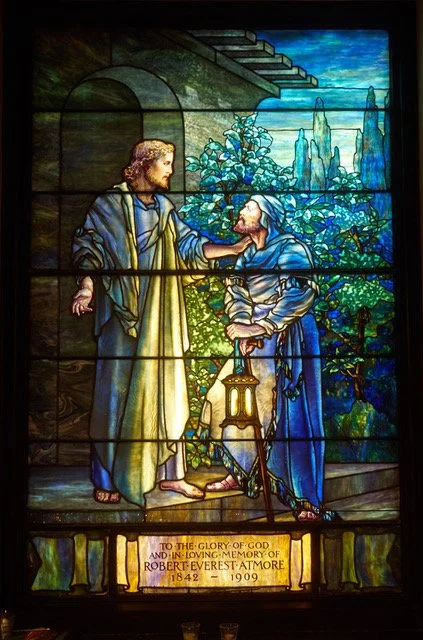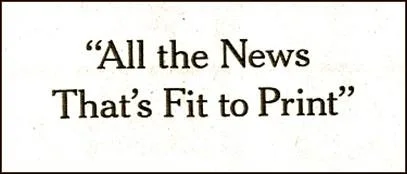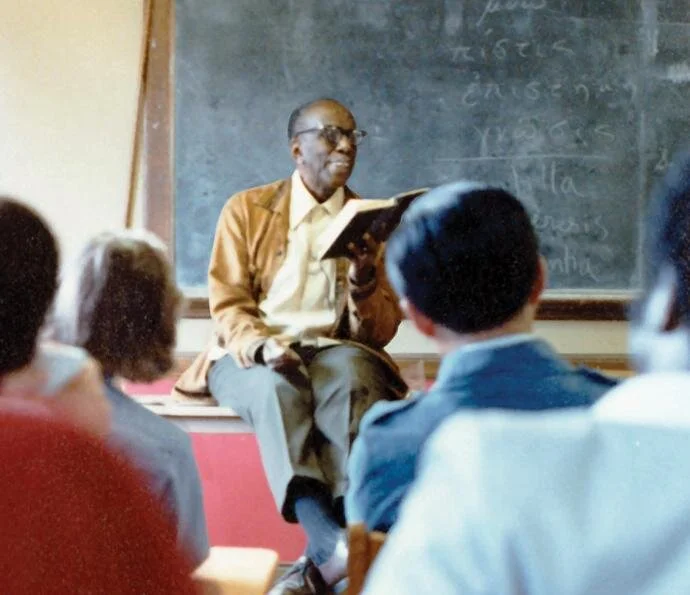Friday Reflection: Teilhard de Chardin, The Mystic-Scientist’s Joyous Communion with Matter
Teilhard de Chardin during geological fieldwork in Punjab, 1935
Pierre Teilhard de Chardin (1881-1955), a brilliant French Jesuit scholar, is a haunting presence honored on his death day, April 10. He died on Easter Sunday, which he’d hoped for as God’s blessing upon his life’s work despite constant Vatican censure.
Teilhard attracted me through a fictional alter ego: Father Telemond, the Jesuit scholar whom the Vatican repeatedly disciplined in Morris West’s 1963 The Shoes of the Fisherman. West’s book appeared amidst the shock of Teilhard’s writings when finally published after he died, thanks partly to Jesuit defiance of Church censorship. The Holy Office imposed warnings but not full censorship. Those texts earned the scholar-priest a huge posthumous cult and, though hotly debated, shaped new generations of theologians and scientists.
Subsequent popes cautiously applauded Teilhard’s work as supporters clamored for his rehabilitation; some proposed him as a Doctor of the Church. For us, he offers an uncannily fitting vision.
Teilhard’s thinking startled me with its range and fusion. He dissolved categories and enmities in myriad disciplines: he was a philosopher, theologian, paleontologist and geologist as well as a mystic, prophet, poet, and devout who cherished the Church that condemned him—for positive rethinking.
Scripture, he proposed, can be read through the scientific story of evolution. He used the model of the universe’s birth (cosmogenesis) to project the universe’s future. There, he saw mounting complexity that invited ever more unity (Christogenesis), leading to greater love for God and neighbor.
His thinking predictably upset as a “Darwinian” challenge to the Church doctrines of Creation and Original Sin. As humble and obedient as he was searching, he accepted the Church’s escalated censure of his teaching, lecturing, and publishing.
Teilhard’s vision embraced another essential Christian doctrine, however. He proposed that Christ’s incarnation embodied an essential cosmic truth, the dynamic convergence of all matter, spirit, time, and God. We too, he claimed, “are spiritual beings having a human experience.”
He found joy and hope in chaos, with all the realities, even requirement, of Christlike suffering through the mayhem of evolution. For physicist Sr. Kathleen Duffy, Teilhard’s advocate for Church Doctor, his vision of the turbulent path of hope made him especially relevant in 2018. For us today, with the chaos that exploded with the pandemic, that vision speaks powerfully.
His writing exudes energy, engagement, and emotion. Consider this line from his “Hymn to Matter”:
“Blessed be you, universal matter, immeasurable time, boundless ether, triple abyss of stars and atoms and generations: you who by overflowing and dissolving our narrow standards or measurement reveal to us the dimensions of God.”
His prayers convey vulnerability and profound love of God. He’s called joyous for his praiseful voice and assurances of joy. Yet, as he demanded of all, he suffered continuously, including depression. He lost 6 siblings prematurely, survived wartime carnage, and grieved over the Church’s relentless muzzling.
Emphasized by dark experience, Teilhard’s celebration of life’s messy vitality, hurtling towards a redeeming reunion with God and each other, resonates now. Can we similarly engage with hope?
—Suzanne Glover Lindsay, St. Stephen’s historian and curator









